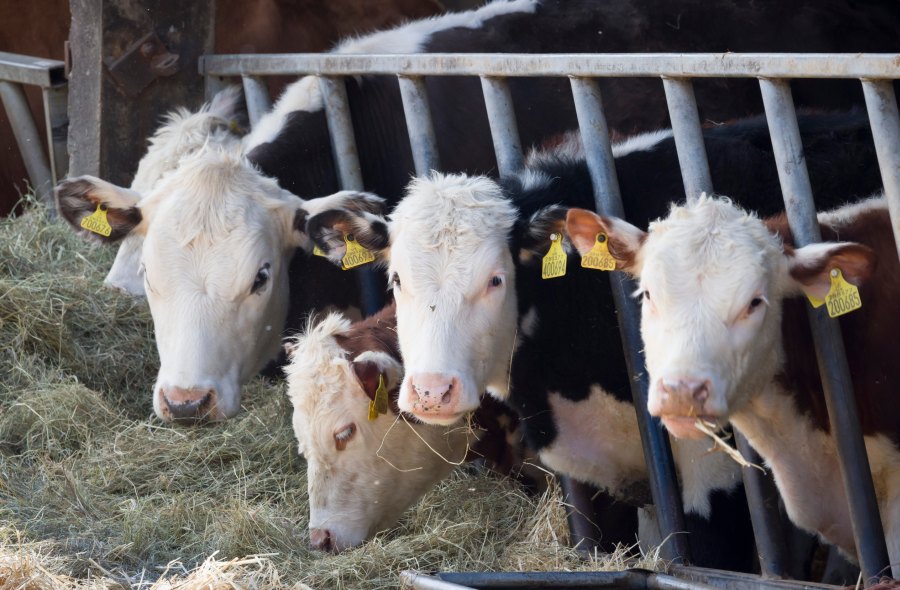
Farmers are one step closer to seeing a deployable bovine TB cattle vaccine as government field trials move on to the next phase.
Trials for a cattle vaccine and new skin test for the endemic disease have so far been successful, the Animal and Plant Health Agency (APHA) has announced.
It is hoped that the combination of CattleBCG vaccine and the Detect Infected among Vaccinated Animals (DIVA) skin test will be deployable in the next few years.
Bovine TB is one of the most difficult animal health challenges that the UK faces today, costing taxpayers in England around £100 million every year.
Over 38,000 cattle in England and Wales were slaughtered in 2021 to tackle the disease.
The second phase of the field trials will assess the safety of the vaccine and the safety and performance of the DIVA skin test in vaccinated cattle.
So far, laboratory studies have indicated that the vaccine and DIVA skin test are safe and that the test performs well, under controlled APHA facility environments.
The field trials are taking place on commercial livestock farms across the country and are due to be completed in 2023.
Phase 2 will involve at least five farms with 600 animals participating, 300 of which will be vaccinated with CattleBCG, whilst the remaining half will receive a placebo.
In July 2021, APHA began Phase 1 of trials in England, which focused on the safety and performance of the DIVA skin test in unvaccinated animals.
Performed on ten farms with 524 participating animals, Phase 1 was completed in May 2022 and analysis of the results is in progress.
Dr Phil Hogarth, APHA’s lead scientist for TB said: “I am pleased that we have progressed to the next phase of the field trials for a cattle vaccine and DIVA skin test for bovine tuberculosis.
"This next step represents a significant milestone, building upon many years of research, and APHA will continue to be led by science, and work tirelessly in the fight to eradicate this disease.”
In a joint statement, the chief veterinary officers from England, Scotland and Wales said researchers were making substantial progress in developing an additional tool to help eradicate this disease.
“If this next phase is successful, this project takes us one step closer to a vaccine to be used in conjunction with other measures to tackle this insidious disease which impacts livestock farmers across the globe.”
Farmers and veterinary practices interested in supporting the next phase of the field trials have been asked to contact Dr Lindsay Heasman by emailing lindsay.heasman@eandj.co.uk.
